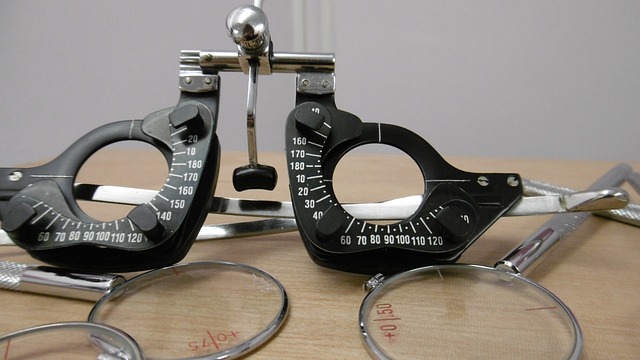Vitamin B12 deficiency, often overlooked in the UK, poses risks for older adults, vegans, and those with pernicious anaemia. Regular screening via the UK Cholesterol Blood Test is crucial to detect subtle indicators like elevated homocysteine and methylmalonic acid levels. Timely intervention through B12 injections, oral supplements, or dietary changes prevents severe health complications associated with untreated deficiency.
In the UK, vitamin B12 deficiency is a growing concern, impacting individuals across all demographics. Understanding this condition and its potential symptoms is crucial. This article delves into the importance of vitamin B12 deficiency testing via blood tests as an essential tool for early detection. We explore how these tests, often part of a routine UK cholesterol blood test, can identify deficiencies, pinpoint risks, and guide tailored treatment plans. By recognising the signs and knowing when to test, individuals can take proactive steps towards optimal health.
- Understanding Vitamin B12 Deficiency: Symptoms and Risks
- The Role of Blood Tests in Diagnosing Deficiency
- Interpreting Results and Next Steps for Treatment
Understanding Vitamin B12 Deficiency: Symptoms and Risks
Vitamin B12 deficiency is a growing concern in the UK, with many individuals unaware they are at risk. It occurs when the body doesn’t have enough vitamin B12, which is essential for maintaining healthy nerve cells and producing DNA. This can lead to a range of symptoms, from fatigue and weakness to memory loss and balance issues.
Those most at risk include older adults, vegans, people with certain medical conditions like pernicious anaemia, and those taking medications that interfere with B12 absorption. A UK cholesterol blood test might reveal elevated levels of homocysteine, an indicator of vitamin B12 deficiency, highlighting the importance of regular screening, especially for individuals with potential risk factors.
The Role of Blood Tests in Diagnosing Deficiency
In the diagnosis of Vitamin B12 deficiency, blood tests play a pivotal role in providing clear insights into an individual’s nutritional status. These tests are essential tools for healthcare professionals in the UK as they help identify subtle signs of deficiency that might not be apparent through initial symptoms alone. Typically, a UK Cholesterol Blood Test will include measurements of homocysteine and methylmalonic acid (MMA) levels. Elevated levels of homocysteine suggest a potential B12 deficiency, as this amino acid is a marker for impaired red blood cell production and nerve damage related to B12 levels. Similarly, MMA levels can indicate whether there’s an issue with B12 metabolism, as high MMA concentrations are a strong indicator of deficiency.
The advantage of these blood tests lies in their ability to detect subtle deficiencies that might not cause noticeable symptoms early on. This is particularly crucial as Vitamin B12 deficiency can lead to severe health complications if left undiagnosed and untreated. Early detection through regular blood tests enables timely intervention, ensuring individuals receive the necessary supplementation or dietary adjustments to maintain optimal B12 levels.
Interpreting Results and Next Steps for Treatment
Interpreting Results and Next Steps for Treatment
After completing your UK cholesterol blood test, your healthcare provider will review your results in conjunction with your medical history and symptoms to determine if you have a vitamin B12 deficiency. If your levels are low, it’s important to understand that this can range from mild to severe. Mild deficiencies may not cause noticeable symptoms, while more severe cases can lead to fatigue, weakness, memory issues, and neurological problems.
The next step involves developing a treatment plan. This often includes supplementing with vitamin B12 through injections or oral supplements, depending on the severity of the deficiency and your overall health. Dietary changes may also be recommended, particularly if you’re not getting enough B12 from your diet. Regular follow-up blood tests will help monitor your B12 levels to ensure treatment is effective.
In light of the above, vitamin B12 deficiency can significantly impact overall health, and early detection through comprehensive UK cholesterol blood tests is crucial. If you experience any concerning symptoms, it’s essential to consult a healthcare professional who can interpret your test results and guide appropriate treatment options. Regular screening plays a vital role in managing this preventable deficiency.
